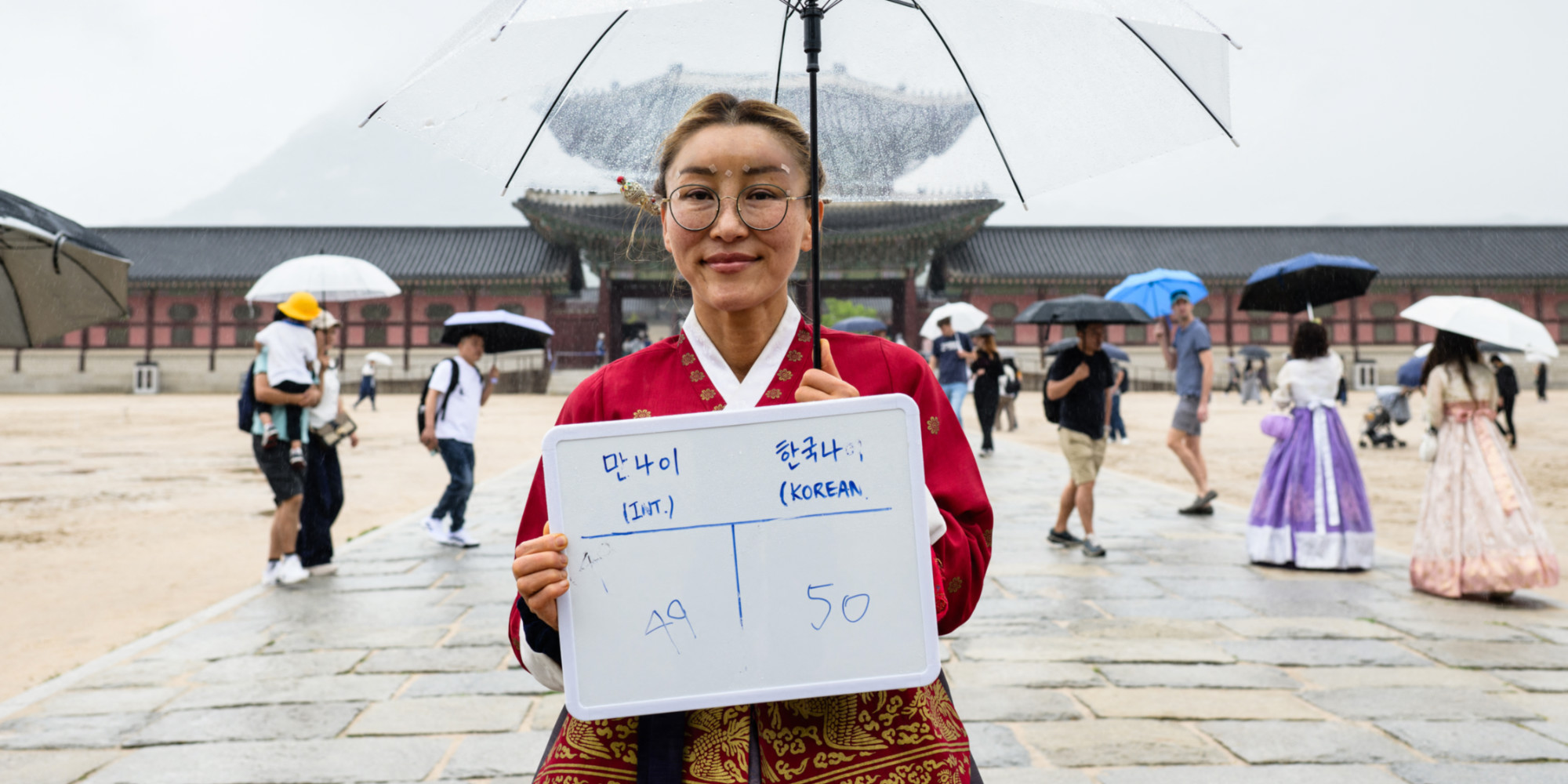Romain Rouillard / Photo credit: ANTHONY WALLACE / AFP
modified to
11:07 p.m., June 29, 2023
This Wednesday, more than 51 million South Koreans woke up younger than the day before. Not thanks to the benefits of a magic potion but rather because of political will. That of putting an end to the ancestral system of calculating age in this East Asian country. For 24 hours, and under a law passed on December 8, South Korea has been operating according to the internationally recognized age system.
Previously, when a South Korean was born, he was already one year old. And celebrated his birthday not on the day of his birth but on January 1st. Thus, a baby born on December 28 already celebrated his second birthday on January 1… even though his mother had only given birth four days earlier. In the local culture, it was a question of sanctifying the time of gestation. Nine months that should be considered as the rest of life.
Only South Korea kept this old method
This particular method of calculation was also used in Japan, China and even North Korea. But these three countries ended up abandoning it in favor of the traditional system several decades ago. Only South Korea, therefore, kept its ancestral method until giving it up on Wednesday.
During a press conference, Minister Lee Wan-kyu did some pedagogical work to explain the new method to an audience of journalists. “You have to subtract your year of birth from the current year. If your birthday is past, you get your age, and if your birthday is not past, then subtract one to get your age,” he said. developed. People born at the end of the year are therefore now two years younger than at the start of the week.
Some exceptions
This switch to the classic system aims to “reduce confusion and social conflict caused by the use of various age calculations”, specifies Lee Wan-kyu. It also responds to a desire of the population since according to a government survey conducted in September 2022, more than 86% of South Koreans now plan to use the international age in their everyday life. Especially since, on most administrative documents, it is this age that has been registered since the 1960s, sometimes making the daily life of South Koreans quite complex.
However, the ancestral age will remain in effect in a number of areas. In particular with regard to products subject to age restrictions (alcohol, tobacco, etc.) prohibited before the age of 19 in South Korea. The laws in question will indeed be based on the year of birth of the citizen and not on his date of birthday. Same thing for the obligatory military service or the entry to the primary school where only the year of birth will be valid.
